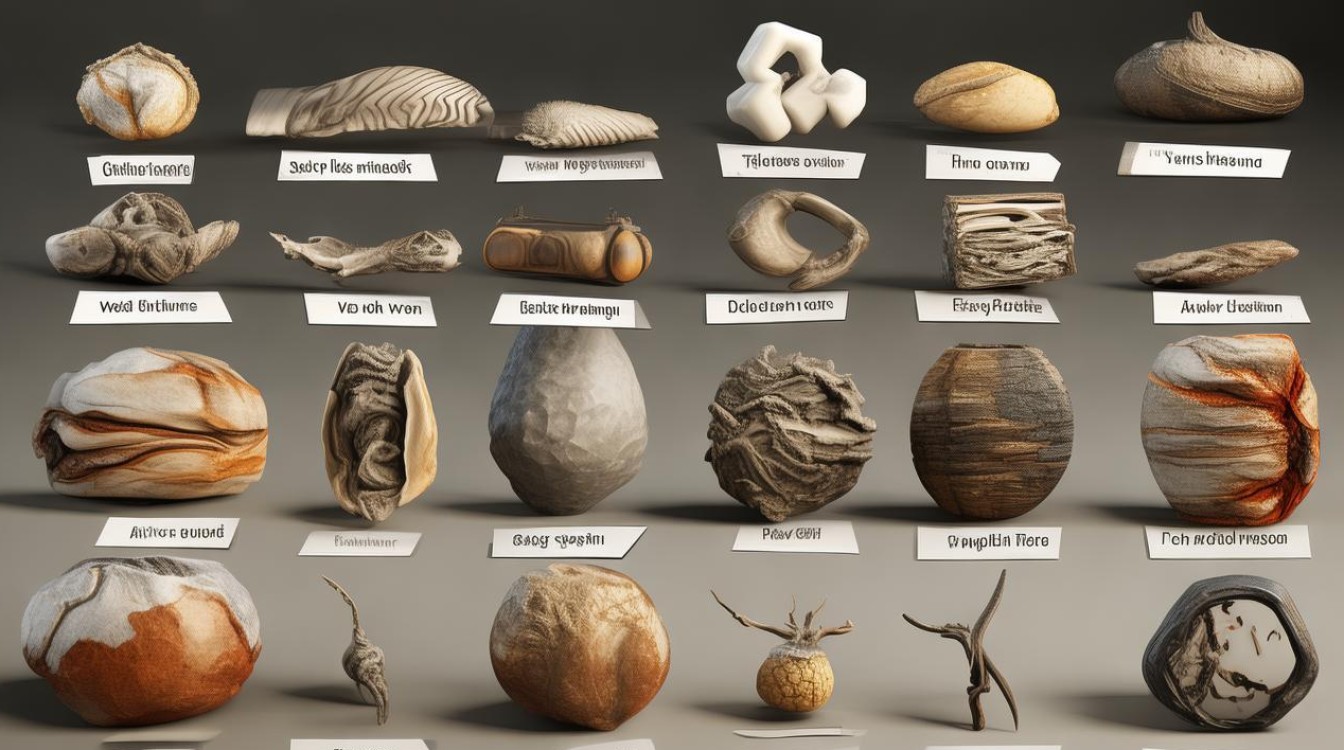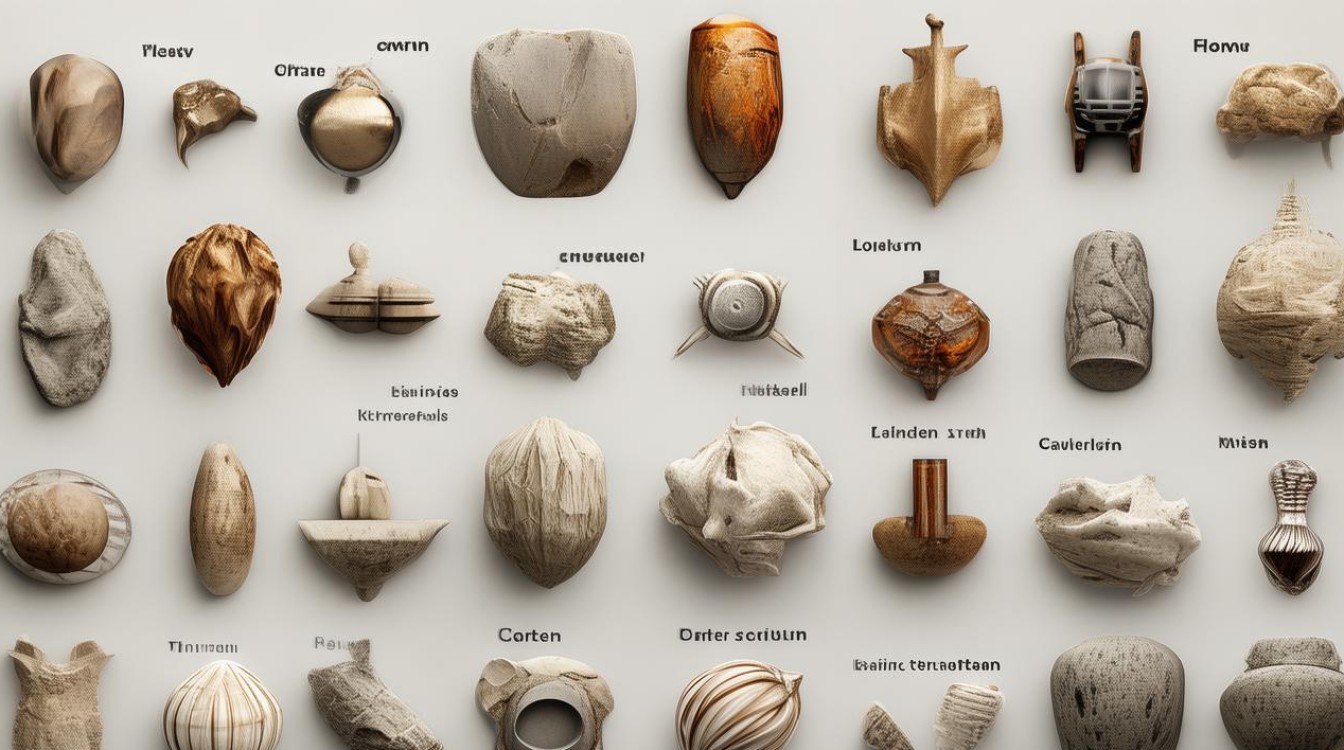在英语学习中,我们经常会遇到一些拼写相似但意思完全不同的单词,这些单词容易让人混淆,甚至导致误解,掌握这些形近词的区别,不仅能提升语言表达的准确性,还能避免在考试或正式场合中犯错,本文将列举一些常见的形近词,帮助读者清晰分辨它们的用法。

Affect vs. Effect
这两个词在拼写上仅有一个字母之差,但含义和用法截然不同。
-
Affect(动词):表示“影响”或“感染”。
- Example: The weather can affect your mood.(天气会影响你的情绪。)
- Example: The disease affects the nervous system.(这种疾病会影响神经系统。)
-
Effect(名词):表示“结果”或“效果”。
- Example: The new policy had a positive effect on the economy.(新政策对经济产生了积极影响。)
- Example: The medicine had no side effects.(这种药物没有副作用。)
Tips:Affect 是动作(动词),而 Effect 是结果(名词)。
Compliment vs. Complement
这两个词发音相同,但含义不同。
-
Compliment(动词/名词):表示“赞美”或“恭维”。
- Example: She complimented me on my dress.(她称赞了我的裙子。)
- Example: He gave me a nice compliment.(他给了我一个很好的赞美。)
-
Complement(动词/名词):表示“补充”或“使完整”。
- Example: The wine complements the meal perfectly.(这款酒完美地搭配了这顿饭。)
- Example: The team has players with complementary skills.(这支队伍的球员技能互补。)
Tips:Compliment 和“赞美”有关,而 Complement 和“补充”有关。
Principal vs. Principle
这两个词发音相同,但意义完全不同。
-
Principal(名词/形容词):作为名词时指“校长”或“本金”,作为形容词时指“主要的”。
- Example: The principal of the school gave a speech.(校长发表了演讲。)
- Example: The principal reason for his success is hard work.(他成功的主要原因是努力。)
-
Principle(名词):指“原则”或“准则”。

- Example: He refused to compromise his principles.(他拒绝违背自己的原则。)
- Example: The machine works on the principle of gravity.(这台机器的工作原理是重力。)
Tips:Principal 可以指人或主要事物,而 Principle 只指抽象的原则。
Stationary vs. Stationery
这两个词拼写仅差一个字母,但意思完全不同。
-
Stationary(形容词):表示“静止的”或“不动的”。
- Example: The car remained stationary at the traffic light.(汽车在红绿灯前保持不动。)
- Example: The Earth is not stationary in space.(地球在太空中并非静止不动。)
-
Stationery(名词):指“文具”或“办公用品”。
- Example: She bought some beautiful stationery for her letters.(她买了一些漂亮的信纸写信。)
- Example: The office needs more stationery.(办公室需要更多文具。)
Tips:Stationary 指“不动”,而 Stationery 指“文具”。
Desert vs. Dessert
这两个词拼写相似,但发音和意思不同。
-
Desert(名词/动词):作为名词指“沙漠”,作为动词指“抛弃”。
- Example: The Sahara is the largest hot desert in the world.(撒哈拉是世界上最大的炎热沙漠。)
- Example: He deserted his post during the war.(他在战争中擅离职守。)
-
Dessert(名词):指“甜点”。
- Example: I always save room for dessert.(我总是留点肚子吃甜点。)
- Example: Chocolate cake is my favorite dessert.(巧克力蛋糕是我最喜欢的甜点。)
Tips:Dessert(甜点)比 Desert(沙漠)多一个“s”,可以联想“甜点更甜,所以多一个s”。
Altar vs. Alter
这两个词发音相似,但意思不同。
-
Altar(名词):指“祭坛”或“圣坛”。

- Example: The couple stood at the altar to get married.(这对新人站在圣坛前结婚。)
- Example: The priest placed the offering on the altar.(牧师把祭品放在祭坛上。)
-
Alter(动词):表示“改变”或“修改”。
- Example: She altered her dress to fit better.(她修改了裙子,让它更合身。)
- Example: The plan was altered at the last minute.(计划在最后一刻被更改。)
Tips:Altar 是“祭坛”,而 Alter 是“改变”。
Bare vs. Bear
这两个词发音相同,但意思不同。
-
Bare(形容词/动词):作为形容词指“裸露的”,作为动词指“暴露”。
- Example: He walked with bare feet.(他赤脚走路。)
- Example: She bared her soul in the letter.(她在信中袒露心声。)
-
Bear(名词/动词):作为名词指“熊”,作为动词指“忍受”或“承担”。
- Example: The bear wandered into the campsite.(熊走进了露营地。)
- Example: I can’t bear the noise anymore.(我再也受不了这噪音了。)
Tips:Bare 和“裸露”相关,而 Bear 可以指“熊”或“忍受”。
Capital vs. Capitol
这两个词发音相似,但意思不同。
-
Capital(名词/形容词):指“首都”“资金”或“重要的”。
- Example: Beijing is the capital of China.(北京是中国的首都。)
- Example: The company needs more capital to expand.(公司需要更多资金来扩张。)
-
Capitol(名词):特指“国会大厦”或“州议会大厦”。
- Example: The protest took place near the Capitol.(抗议发生在国会大厦附近。)
- Example: The governor spoke at the state capitol.(州长在州议会大厦发表了讲话。)
Tips:Capital 泛指“首都”或“资金”,而 Capitol 特指政府建筑。
Elicit vs. Illicit
这两个词发音相似,但意思完全不同。

-
Elicit(动词):表示“引出”或“诱出”。
- Example: The teacher tried to elicit a response from the students.(老师试图引导学生回答。)
- Example: His speech elicited applause.(他的演讲赢得了掌声。)
-
Illicit(形容词):指“非法的”或“违禁的”。
- Example: The police cracked down on illicit drugs.(警方打击了非法毒品。)
- Example: Their relationship was considered illicit.(他们的关系被认为是非法的。)
Tips:Elicit 是“引出”,而 Illicit 是“非法的”。
Lose vs. Loose
这两个词拼写相似,但意思不同。
-
Lose(动词):表示“丢失”或“输掉”。
- Example: Don’t lose your keys.(别把钥匙弄丢了。)
- Example: Our team might lose the game.(我们队可能会输掉比赛。)
-
Loose(形容词/动词):作为形容词指“松的”,作为动词指“松开”。
- Example: The screw is loose.(螺丝松了。)
- Example: He loosed the dog from its leash.(他解开狗的绳子。)
Tips:Lose 和“丢失”相关,而 Loose 和“松的”相关。
掌握这些形近词的区别,能帮助我们在写作和口语中更准确地表达意思,英语中有许多类似的单词,建议通过例句和实际运用来加深记忆。

